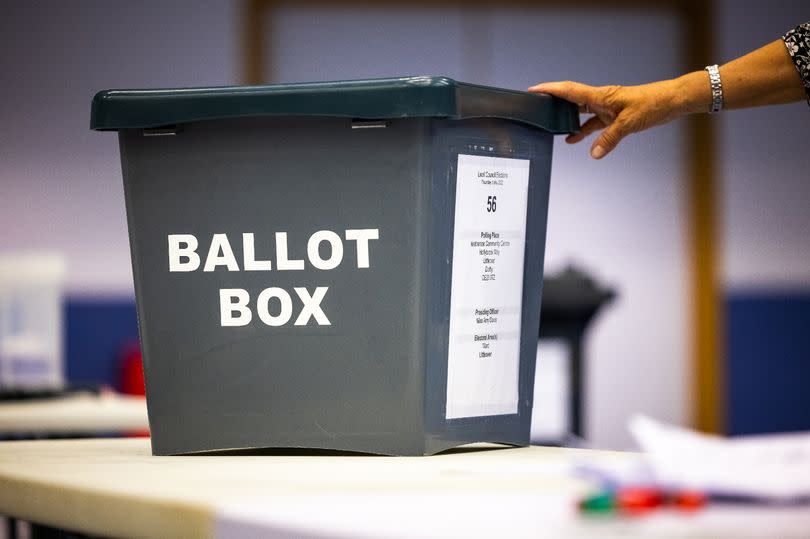Key questions about July's UK general election answered - Voter ID, polls and more

The UK will see a general election come July 4, with Rishi Sunak breaking the news in a Downing Street statement earlier this afternoon. Mr Sunak also confirmed that King Charles III has granted his request for a dissolution of Parliament during his statement, while reflecting on his time as the Prime Minister of the UK.
The Tories have been in power since 2010, however, recent opinion polling figures show that they sit 21 per cent behind Labour in terms of voter favour at the time of writing. An incredibly busy period in the world of politics is among voters, and the ins and outs of how a general election works can be quite tricky to understand.
So Chronicle Live have broken down everything you need to know below.
Read more: Rishi Sunak calls General Election to take place on July 4, 2024
Keep up to date with all the latest local news from Northumberland with our free newsletter
When will the next election take place?
The election lands on Thursday, July 4.
What happens to Parliament when an election is called?
Once the King green-lights a general election, the Prime Minister will set a date to dissolve Parliament, with polls taking place 25 working days after. Parliament must complete all business before dissolution - and bills that haven't received Royal Assent will not become law, and cannot be continued into the next parliament.
Prorogation may take place a few days before dissolution, and MPs must clear their offices, regardless of if they intend to stand down or run in the election.
How many MPs aren't running?
105 MPs have announced that they will not stand in the general elections - made up of 65 Tories, 19 Labour members and nine from the SNP.
How do election campaigns work?
Parties will decide when to launch their manifestos.
How do the polls look?
Labour currently rule the polls on 45 per cent, while the Conservatives trail at 24 per cent according to opinion polls from May 22. Reform poll at 11 per cent, with the Lib Dems at 10 per cent and the Greens are at 6 per cent respectively.
All figures are based on a seven day rolling average.
What are the key policy battlegrounds?
The long-term future of the NHS, as well as the UK's immigration policy will be the key battlegrounds in the run up to the general election. Sir Keir Starmer's six 'first steps' include measures to invest in the NHS, education and policing, to set up a new national energy company and an elite border force, as well as the promotion of economic stability.
Will voters need ID?
Voters will need to take a passport, driving licence, PASS card, Blue Badge or a valid concessionary travel card when they go to vote. The Government has also said that it intends to make veteran ID cards a valid form of voter identification. Voters can choose to cast their ballots by post or via proxy too.

 Yahoo News
Yahoo News 
